Determine the number of frequencies of each character in a given paragraph.


import java.io.*;
import java.util.*;
public class Solution {
static void ASCII(String paragraf)
{
int l = paragraf.length();
int konversi;
for (int i = 0; i < l; i++) {
konversi = paragraf.charAt(i);
System.out.print(konversi);
}
}
public static void main(String args[])
{
Scanner in = new Scanner (System.in);
String str = in.nextLine();
System.out.println("\t");
ASCII(str);
}
}